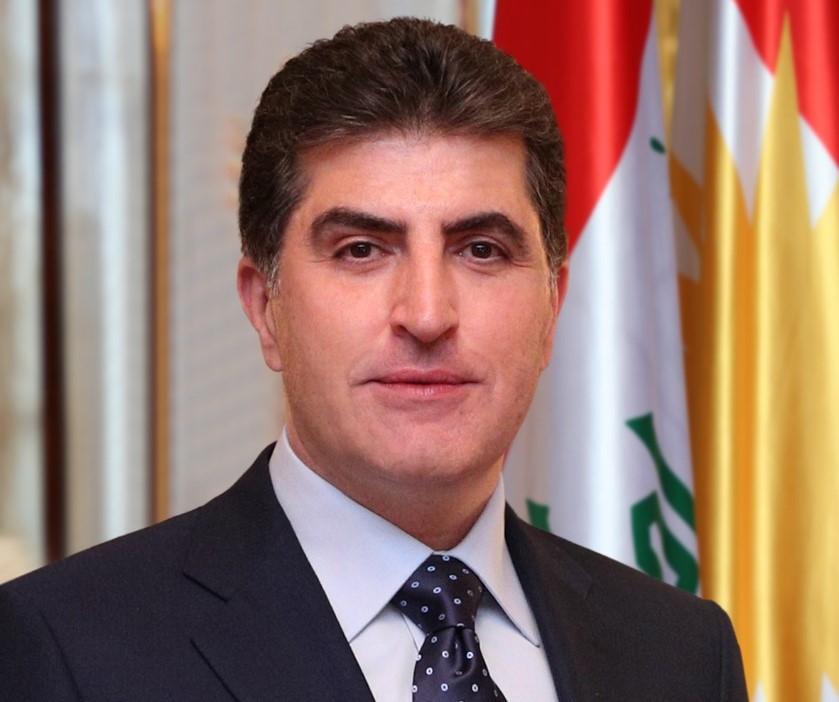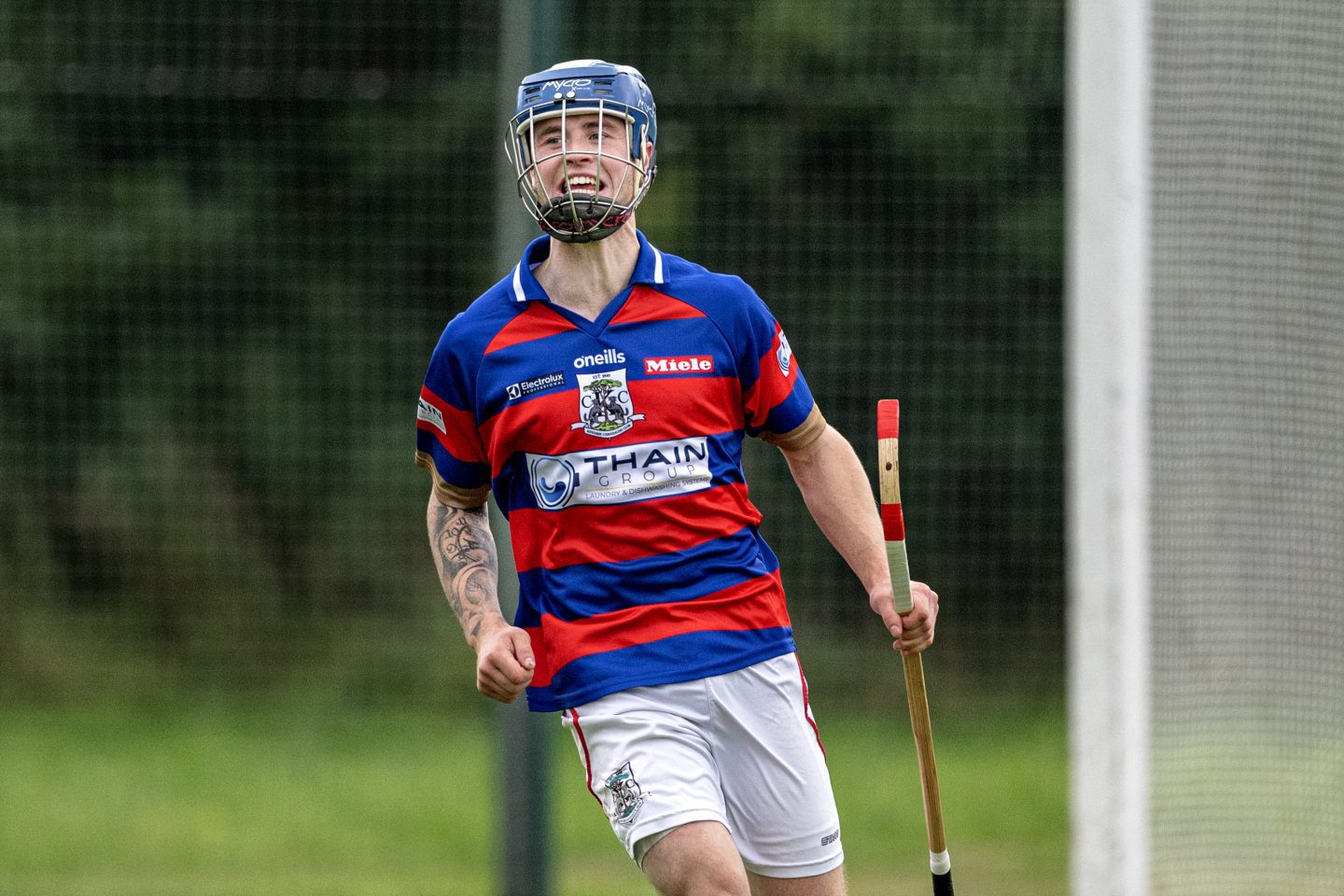Quebec mandates the use of the formal French 'vous' in schools
A Quebec government plan to 'reinforce civility' in schools has mandated that students and teachers use formal French pronoun in both private and public schools. The change has been met with mixed feelings among teachers.

A school bus drops off students in Saint-Jean-sur-Richelieu, Quebec, Canada, on May 11, 2020.
In Quebec, it is common for people to use the informal French pronoun "tu,", even from the very first conversation, which often surprises French people. The informal register is also widely used between teachers and students in schools. However, as part of the plan to "reinforce civility," a new directive from Quebec's government has mandated that students must instead switch to using the formal "vous" when addressing adults, along with the terms "Monsieur" or "Madame."
Schools must incorporate these mandatory changes into their codes of conduct by January 2026 at the latest. And if these rules are broken? Consequences for a student could range from having to write an apology letter, to expulsion, said Education Minister Bernard Drainville, on May 1.
The series of measures announced also included banning the use of mobile phones in schools, from the start to the end of the school day. Currently, they are only banned in classrooms. "We want to create a culture of respect within the school. A culture of civility," said Drainville.
'Will it change anything?'
Some teachers have welcomed the change, as have parent committees, but many educators have seen the move to enforce formal language as a challenge to educational institutions' autonomy. French teacher Marie-Betty Desrouillères at Amos High School in Montreal's Nord district was not enthusiastic about it: "For me, the connection is much easier when we use "tu" between teachers and students. We can use "tu" while being very polite and be very disrespectful all while using "vous." I'm not going to start sanctioning them for that!"
In the city's Plateau-Mont-Royal neighborhood, Gabriel Bédard, 16, who is finishing high school, is not shocked by the idea. "Will it change anything? It's worth trying, I think. Sometimes there's too much familiarity. But teachers will also have to adapt." The adjustment won't be easy, as the use of the formal "vous" is rare in Quebec's schools, the Quebec Federation of School Administrators (FQDE) noted in the newspaper Le Journal de Montréal. Only 6% of Quebec's teachers believe that the use of "vous" could effectively combat incivility in schools, according to a survey conducted by the Federation of Teaching Unions (FSE-CSQ), in October 2024, on 7,000 of the federation's members.
For Mélanie Dumouchel, a professor of didactics at the University of Quebec in Montreal, who specializes in classroom management, while the systematic use of "vous" may bring more civility to the classroom, it also adds another burden for teachers. "They are exhausted from not having enough time to focus on course content. I think their energy should be directed elsewhere, and I'm not sure we gain respect with such a measure." She believes this respect is cultivated by strengthening students' sense of belonging to their school. Some have also questioned the Quebec government's priorities, and it has been criticized for its slow pace in renovating the province's schools, 56% of which are deemed to be outdated, even though public investment to address this has increased in recent years.
[Source: Le Monde]























/file/attachments/orphans/IMG_9103_429753.jpeg)




























